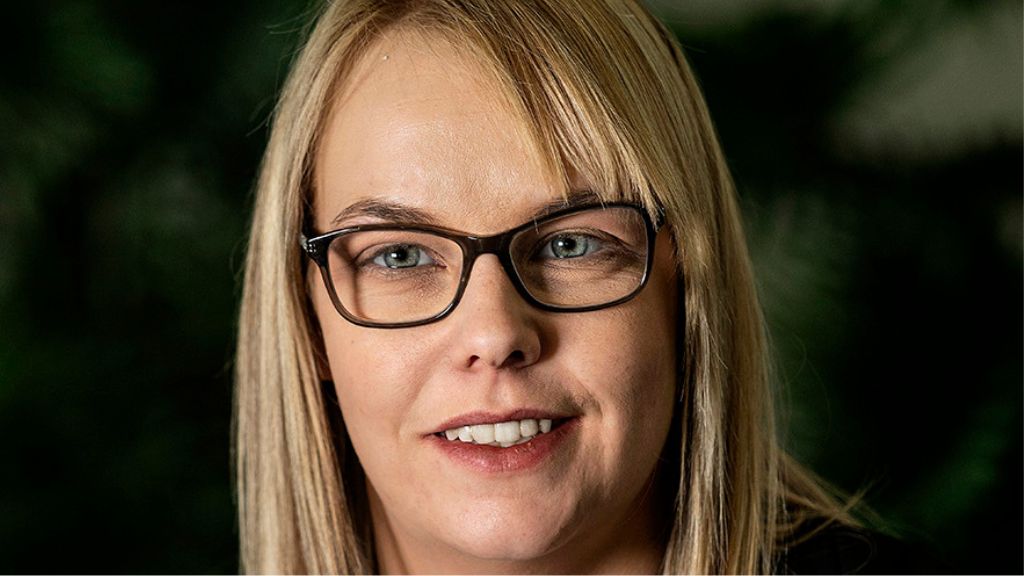Junior doctors begin three-day walk-out in England
Major disruption is expected to routine and emergency care in hospitals as junior doctors begin a three-day walk-out today.
British Medical Association (BMA) members are calling for a 35% pay increase to offset 15 years of below-inflation increases.
BMA chair of council, professor Philip Banfield has today written to the Prime Minister Rishi Sunak urging him to intervene to resolve the dispute.
Professor Banfield said: “No doctor wants to strike. They have been forced to do so to try and get your government to listen and understand the realities of how desperate things have become on the frontline of the NHS… I urge you to listen to our doctors and to meet with me and our Junior Doctors Committee as soon as possible to find a way forward in this dispute.”
Health and social care secretary Steve Barclay said: “It is extremely disappointing the BMA is going ahead with further strike action. This 72-hour walkout will put patient safety and our efforts to cut waiting lists at risk.
“During recent meetings with representatives of the BMA Junior Doctors Committee, we made a fair and reasonable opening offer and were discussing both pay and non-pay issues until they chose to end the talks by announcing new strike dates.
“If the BMA cancels these damaging and disruptive strikes and shows willingness to move significantly from their position, we can resume confidential talks and find a way forward, as we have done with other unions.
“People should attend appointments unless told otherwise by the NHS, continue to call 999 in a life-threatening emergency and use NHS 111 online services for non-urgent health needs.”
Saffron Cordery, deputy chief executive at NHS Providers, said: “Patient safety is the number one priority for trust leaders, but this three-day strike will cause huge disruption to the NHS.
“Trust leaders are doing everything they can to minimise risk, including prioritising emergency and urgent care over some routine appointments and procedures.
“Staff groups including consultants, paramedics, pharmacists and community matrons will be able to support, though there’s a worry around finding adequate night cover.
“More than 542,000 appointments have had to be rescheduled due to walkouts since December. This figure will now likely climb in the coming days and weeks – especially if nurses, consultants and radiographers soon vote in favour of industrial action.
“Trust leaders are deeply worried about the fallout from this week’s strike as well as the hidden impact of all the appointments not booked in the run-up. Not only does this hamper efforts to bear down on backlogs, but it will likely have a significant knock-on effect on other parts of the health system, including mental health and community services.
“We understand the frustration of junior doctors and other staff groups who’ve seen their pay fall behind inflation and made the difficult decision to strike, but this can’t continue.
“We risk sleepwalking into a summer of strikes if talks don’t resume as a matter of urgency. The government and unions must re-open talks without delay.”




